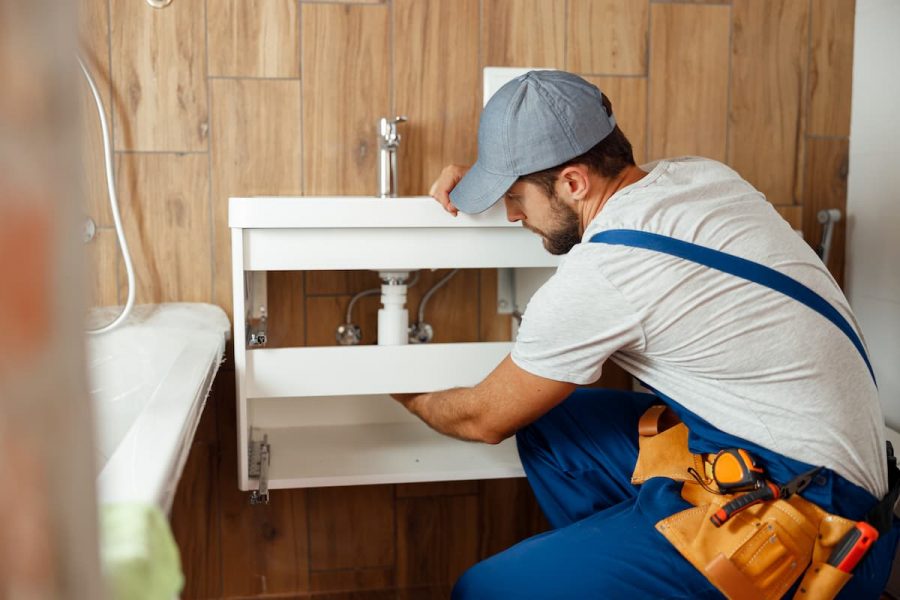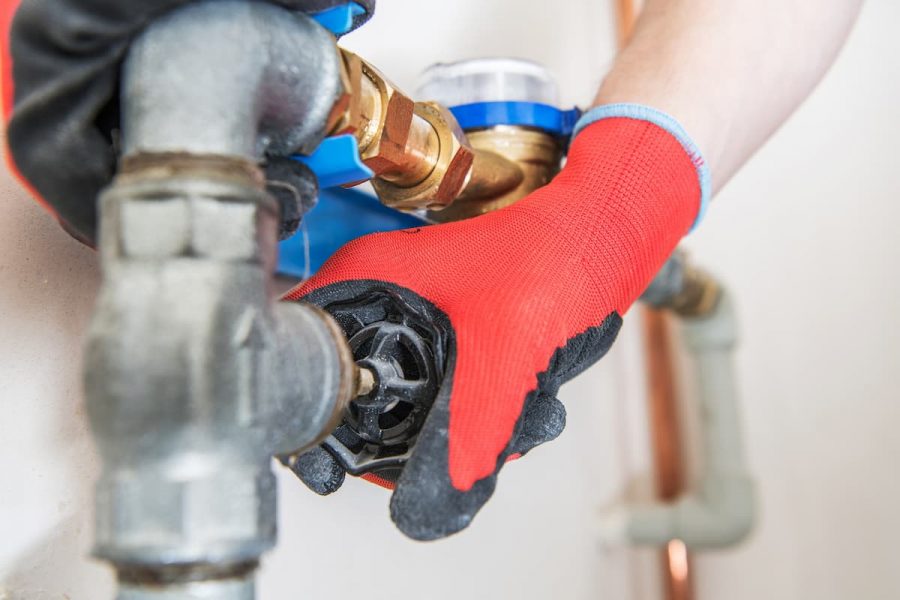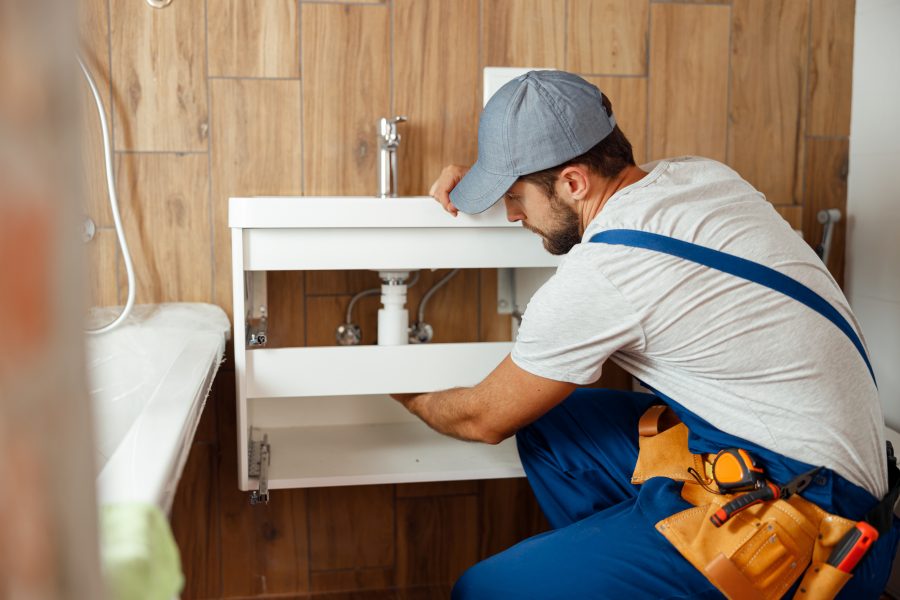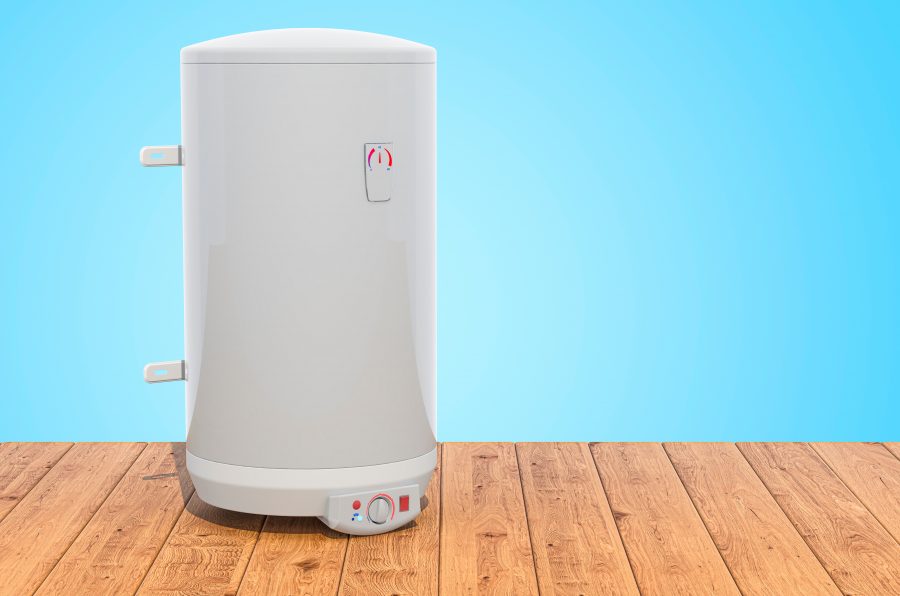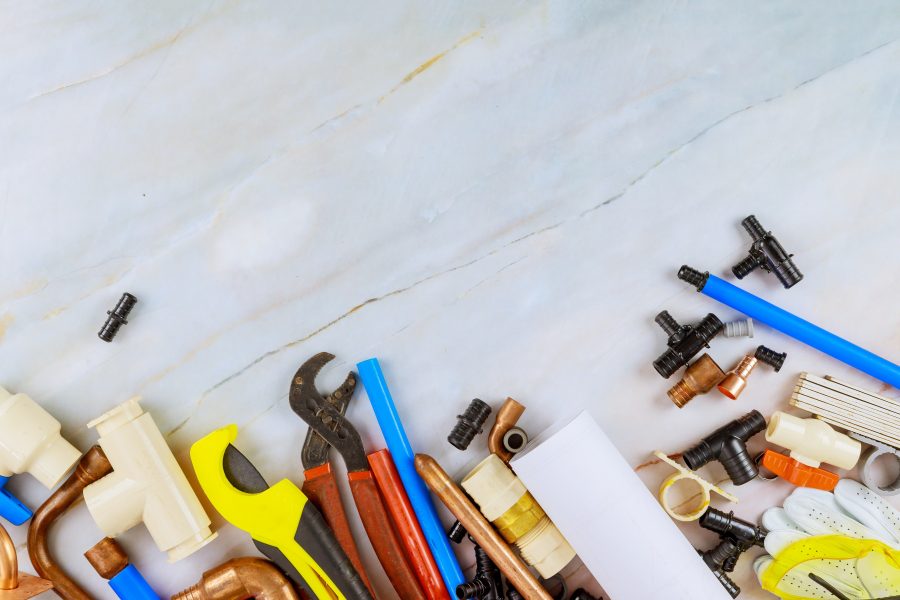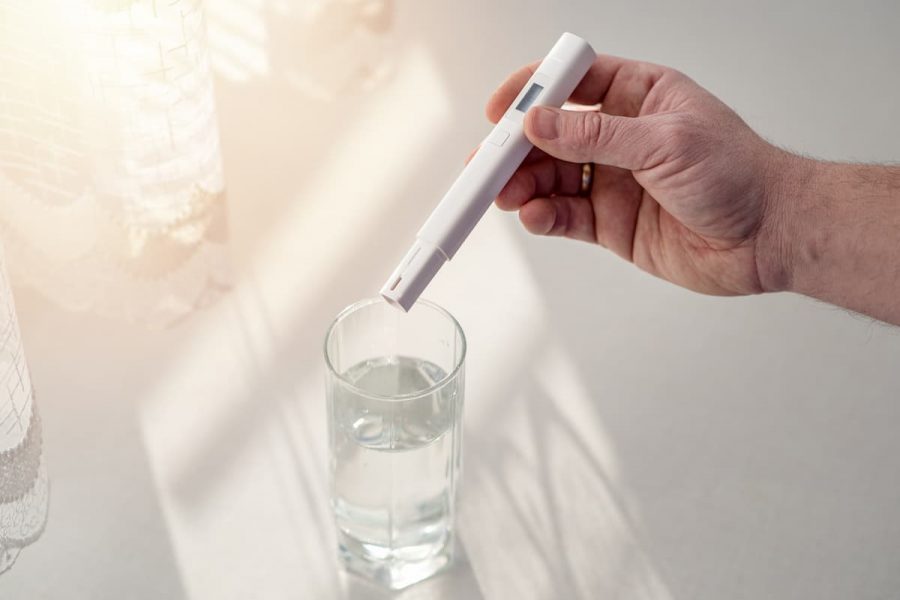
Your home’s plumbing system is one of the most important parts of your house. It is responsible for carrying clean water to all of the fixtures in your home and keeping wastewater and sewage away from your living space. Because of this, it is important to keep your plumbing system well-maintained and free of any potential problems. One of the most important aspects of maintaining your plumbing system is ensuring that the water quality is good. The water that flows through your pipes should be clean and free of any contaminants. If the water quality is poor, it can lead to a number of problems with your plumbing system.
In this article, we will explore the relationship between water quality and your home’s plumbing system. We will also provide some tips on how you can ensure that the water flowing through your pipes is of the best quality possible.
What’s in Your Water?
The water that flows through your plumbing system can contain many different contaminants, depending on your local water supply. These contaminants range from bacteria and protozoa to metals, chemicals, and other pollutants. Some of the most common contaminants include chlorine, lead, iron, and magnesium. The levels of these contaminants can vary depending on the source of your water as well as how it is treated. It is important to test your water regularly in order to check for any potential contaminants. This will help you identify any potential risks and take action to address them. Testing your water can also give you a better understanding of the quality of the water you are using in your home.
The Importance of Water Quality
Having clean and safe water is important for a variety of reasons. Poor water quality can lead to a number of serious health concerns, including illnesses, skin irritation, allergies, and digestive problems. In addition, it can cause staining on surfaces, such as toilets and baths. This kind of staining can be difficult to clean and, in some cases, it can lead to permanent damage to your fixtures. It is also important to have clean water in order to prevent any damage to your plumbing system. Poor water quality can cause corrosion and build-up in your pipes, leading to blocked drains and leaky faucets. In some cases, poor water quality can even damage the seals of your pipes, leading to costly repairs.
How Does Your Plumbing System Affect Water Quality?
The state of your plumbing system can have an impact on the quality of the water that flows through it. If your pipes are old, damaged, or corroded, there is a chance that contaminants can find their way into your system. This is why it’s important to check the condition of your system regularly. In addition, if your pipes are not connected properly, or if they are loose, there is a chance that contaminants can enter your system if the seals or connections are not secure. It is important to inspect your system to ensure that all of the pipes and connections are secure.
Maintaining Your Plumbing System
It is important to maintain your plumbing system in order to ensure that the water flowing through it is clean and safe. This includes having your system inspected regularly for any signs of damage or corrosion, and replacing any parts that are showing signs of wear and tear. In addition, it’s important to check your water supply for any contaminants. This can be done through regular testing. If you detect any contaminants, it’s important to address the issue as quickly as possible. You should also make sure to clean and disinfect regularly to prevent any build-up of germs and dirt. This includes flushing out any pipes with a cleaning solution and having any lines serviced.
If you are concerned about your water quality impacting your plumbing, visit our contact page to book an appointment with our plumbing specialists.
